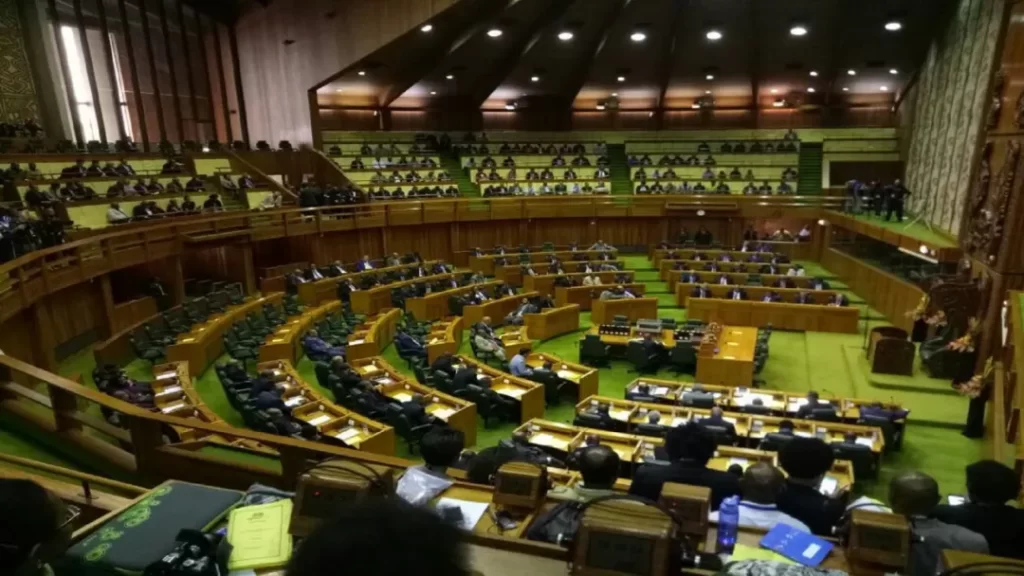
Against a backdrop of regional uncertainty, Papua New Guinea’s political stage reached a pivotal moment on April 15.
The PNG Parliament has just overwhelmingly rejected a no-confidence motion against incumbent Prime Minister James Marape, with a decisive vote of 89 to 16.
This outcome not only reaffirms Marape’s grip on power but also underscores the independence and stability of the country’s parliamentary system.
The alternative candidate put forward by the opposition — Sir Peter Ipatas, Governor of Enga Province — garnered only 16 votes of support.
Meanwhile, Simon Sia, Member for Eastern Highlands Regional, and James Donald, Member for North Fly, chose to abstain from voting.
This marks the second time Marape has successfully withstood a no-confidence motion since assuming office in 2019, reflecting his continued political cohesion within the ruling coalition and widespread recognition of his performance and strategic direction among lawmakers.
Following the vote, Marape publicly expressed his appreciation for Speaker Job Pomat, stating: “I want to thank Speaker Pomat for conducting today’s vote in strict accordance with parliamentary procedures and the Supreme Court’s directives.”
Marape also extended respect to members on both sides of the House, noting that “they exercised their democratic rights.” His remarks highlighted a tone of political maturity and inclusiveness, emphasizing that even amid political contestation, institutional order and procedure must be upheld.
Addressing the rising number of young politicians entering Parliament, Marape offered a sincere piece of advice: “I urge young MPs to honour the sanctity of parliamentary procedures while fulfilling their leadership responsibilities.” His words served not only as guidance to the new generation of leaders but also as a reminder of the importance of preserving the sustainability of PNG’s democratic system.

